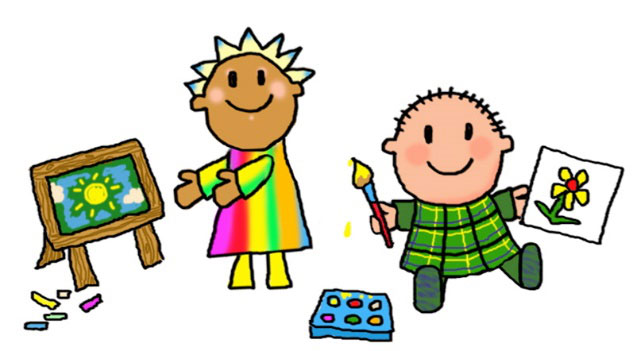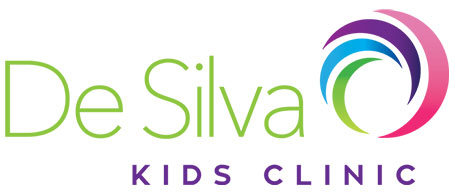
Is your child turning 3? They’re not a baby anymore! So what can you expect for their speech and language development over the next 12 months?
As a speech and language therapist, this is probably the most common question asked of me by parents at the clinic. I have developed a quick and easy to read checklist for the norms for a 3-year-old’s speech and language so you can have something to refer to. By having the criteria to work from, you can be in control of picking up any red flags for possible delays and target them as soon as possible. Because after all, the earlier the intervention the better.
1. Receptive Language (understanding)
- Understands the difference between location words e.g. “on, under, next to etc.”
- Follows simple 2 stage instructions e.g. “pick up the bear and give it to me”
- Can understand and answer ‘what’ and ‘where’ questions
- Can understand at least 1300 words
2. Expressive Language (talking)
- Talks about things they did at school or with their friends
- Produces sentences that are 3 words long (average)
- Uses some pronouns e.g. “he, she, it, my etc.”
- Uses past tense e.g. “I kicked the ball”
- Asks simple questions
- Should have a vocabulary of roughly 1000 words
3. Social language
- Looks interested in other children and may try and join in
- Starts simple play routines and games such as playing with a dolls house
- Responds to their name consistently
- Uses language to request things e.g. asking for a toy, asking for something to be done

4. Articulation (speech)
- Your 3 year old should be able to say the following sounds consistently and clearly in speech: /p/, /h/, /n/, /m/ and /w/
- At this age, your child should no longer be shortening words e.g. saying ‘brella’ instead of ‘umbrella’
Hopefully, this has helped you somewhat. Please share with your friends as it is most likely that other parents would love access to the same information. We also welcome you to sign up at the bottom of the page to receive our email newsletter and keep up to date with our blog.
If you are concerned about your child or simply want a screening/brief assessment to see how your child is developing for his/her age, you may want to contact your local speech therapist for a professional opinion.

